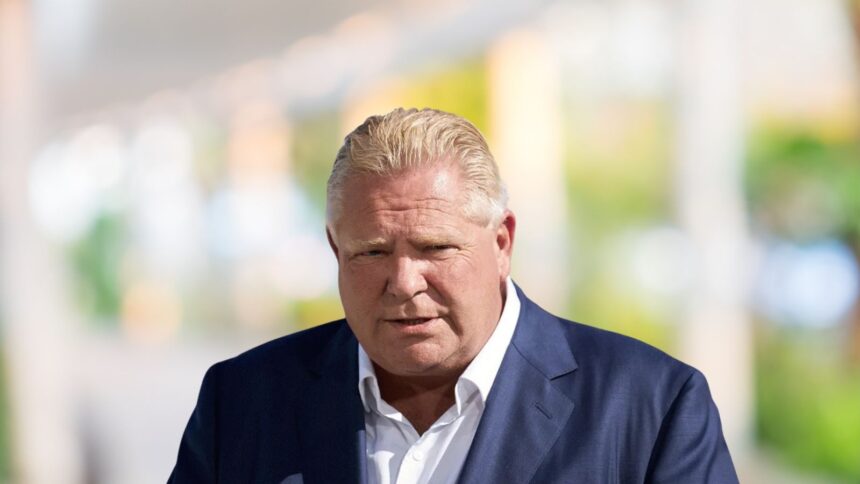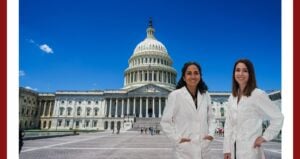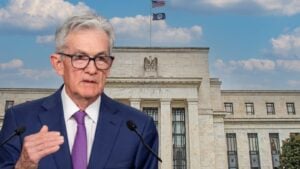Ontario Premier Doug Ford has again put himself at the center of debate over how far populist politics can stretch before undermining confidence in business and government. His recent targeting of Diageo’s Crown Royal whisky during a spat over corporate advertising has revived questions about whether theatrics are overtaking policy substance.
The controversy began when Ford publicly lambasted the liquor giant for sponsoring an event linked to gender identity, a move that played well with his socially conservative base.
Ford’s words echoed a broader North American trend where populist leaders use corporate brands as symbols in wider cultural battles. The tactic may energize supporters, but it also risks unsettling investors and companies that value regulatory stability over political noise.
Canada’s largest province has long been seen as a relatively predictable jurisdiction for business. That perception is part of what helps draw capital and sustain major employers.
Ford’s willingness to mix political theater with market-facing commentary could complicate that image. Companies are unlikely to walk away from Ontario’s 15 million consumers, but executives are watching closely to see whether heated rhetoric translates into policy shifts.
The Ford government has cultivated a pro-business brand since taking office, championing tax cuts and cutting red tape. At the same time, Ford has leaned heavily on populist communication, positioning himself as a straight talker standing up for everyday people.
That dual identity now looks harder to balance. Business leaders worry that political grandstanding could morph into unpredictable regulation, while voters remain uncertain whether symbolic battles address pressing economic issues such as housing affordability and strained public services.
Political scientists note that populist maneuvers often generate short-term approval but create longer-term challenges. A politician who spends capital on culture wars can find it harder to rally support for complex fiscal reforms or infrastructure spending.
The key concern is whether Ford’s government will maintain the steady environment that capital-intensive industries, including auto manufacturing and natural resources, require.
The Crown Royal episode also fits into a wider pattern in which political leaders test the boundaries of their influence over private enterprise.
Similar strategies in the United States have produced headlines but also backlash from firms wary of being pulled into ideological fights.
Ontario’s case is a reminder that populism does not stop at national borders, and that the politics of spectacle can echo across markets.



















